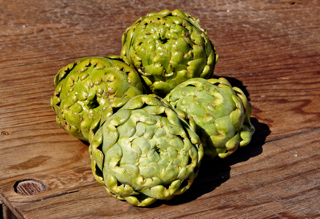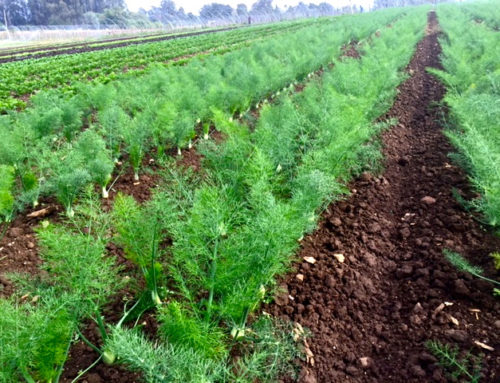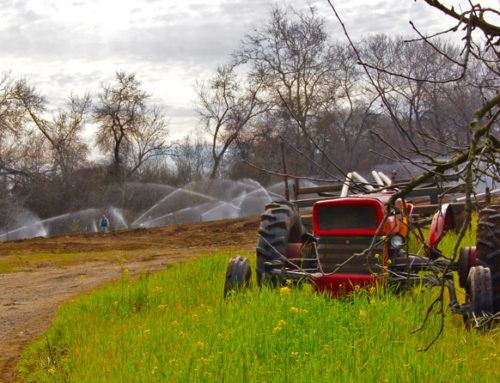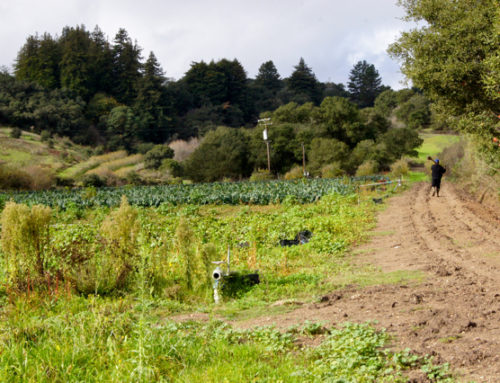 Artichokes are a great source of dietary fiber, magnesium, the trace mineral chromium, vitamin C, folic acid, biotin, the trace mineral manganese, niacin, riboflavin, thiamin, vitamin A, and potassium. A medium-size artichoke delivers all these nutrients for a mere 60 fat-free calories, and also provides 4.2 grams of protein, no cholesterol, 0.2 grams of fat, and 11.32 grams of carbohydrate with 5.4 grams of fiber.
Artichokes are a great source of dietary fiber, magnesium, the trace mineral chromium, vitamin C, folic acid, biotin, the trace mineral manganese, niacin, riboflavin, thiamin, vitamin A, and potassium. A medium-size artichoke delivers all these nutrients for a mere 60 fat-free calories, and also provides 4.2 grams of protein, no cholesterol, 0.2 grams of fat, and 11.32 grams of carbohydrate with 5.4 grams of fiber.
Scientific research shows artichokes have a long history of treating many liver diseases. One of the active compounds, cynarin, is found in the leaves, and in the bracks and heart. Artichoke leaf extracts have demonstrated significant liver-protecting and re-generating effects. They promote the flow of bile and fat to and from the liver. This is important because if bile is not transported adequately to the gallbladder, the liver is at risk of damage.
Tips for preparing:
Rinse each artichoke under cold running water, or swish it vigorously in a large bowl of water. Once properly cleaned, with a sharp knife, cut the artichoke’s top-most inch to remove upper inedible leaf tips. Trim the remaining outer leaves with kitchen shears. To prevent cut parts from darkening, rub them with lemon juice or place entire choke in a bowl of cold water with lemon juice or vinegar added. Immediately before cooking, pull off any coarse leaves at the bottom, and cut the stem flush with the base.
Artichokes can be steamed, baked, or boiled and are delicious eaten warm or cold. Artichoke hearts can also be sautéed or stir-fried alone or with other vegetables in small amounts of broth or oil.
To steam artichokes, stand trimmed choke, stem end down, in a vegetable steamer and cook, covered, over boiling water. You can add garlic slices tucked between some of the leaves and drizzle with a little olive oil before you start steaming. The cooking time ranges depending on the size of the artichoke – 25-40 minutes or so. You can poke the heart to check for tenderness. If the chokes aren’t done you can always put them back and cook another 5 minutes, or until tender.
Follow the same procedure to boil, adding 1 tablespoon of lemon juice or vinegar to the water that completely covers the artichokes and is boiling. Cooking time is about the same.
Try an olive oil and balsamic vinaigrette for a dipping sauce, or an Asian flair with soy sauce, lemon juice, or rice vinegar, minced garlic, and grated fresh ginger, and a dash of dark toasted sesame oil. For a rich creamy dip, try whole Greek yogurt for the base – flavor with roasted red bell peppers; roasted eggplant, lemon juice and garlic; or a rich blue cheese-buttermilk-based dressing.




